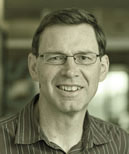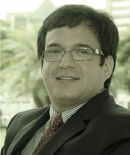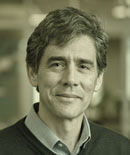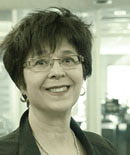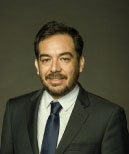The 2018 Lima Summer School in Economics will take place at the Lima Campus of Universidad de Piura (UDEP), from March 19th to March 27th 2018.
UDEP Lima Campus is located at Calle Mártir José Olaya 196, in the Miraflores District.
Courses will be held on mornings and afternoons according to the following schedule:
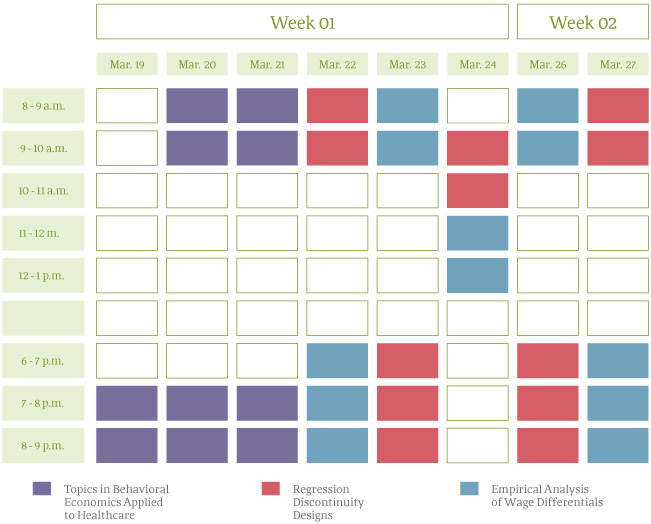
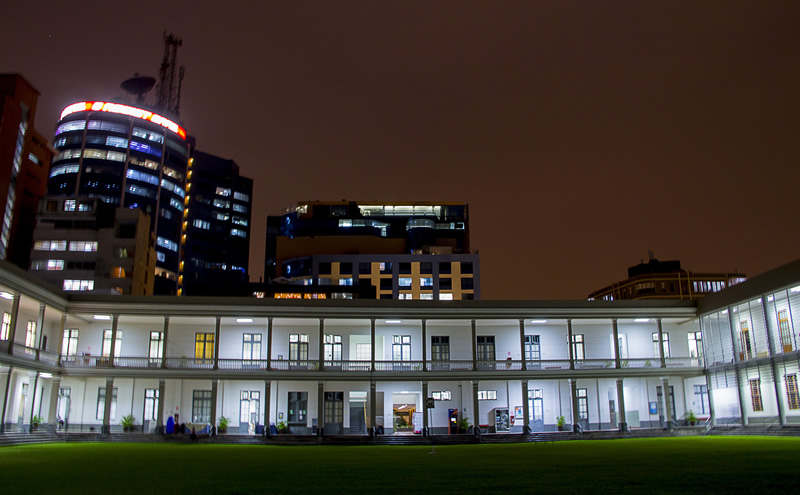

The following table indicates the investment corresponding to each individual course:
| Course Name |
Total Number of Hours |
Investment per course |
| Regression Discontinuity Designs: Theory and Practice. |
12 hours |
US$ 500 |
| Empirical Analysis of Wage Differentials: Discrimination and Decomposition Methods. |
12 hours |
US$ 500 |
| Topics in Behavioral Economics Applied to Healthcare. |
10 hours |
US$ 400 |
Discounts:
A 30% total discount will be applied to participants registering in the full program (all three courses), while a 20% discount will be applied to participants registering in any two courses. These discounts only apply to admitted participants that register in the Summer School by Jan 15th, 2018.
These amounts do not cover travel or accommodation expenses. Participants from outside Lima should make their own arrangements in order to cover these costs.
Payment instructions will be provided to admitted candidates by the Summer School Admissions Office.
At the conclusion of the Summer School, participants will receive a certificate indicating the courses and the number of total hours attended.




